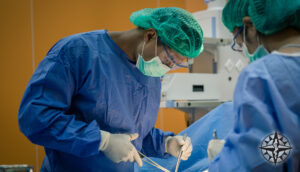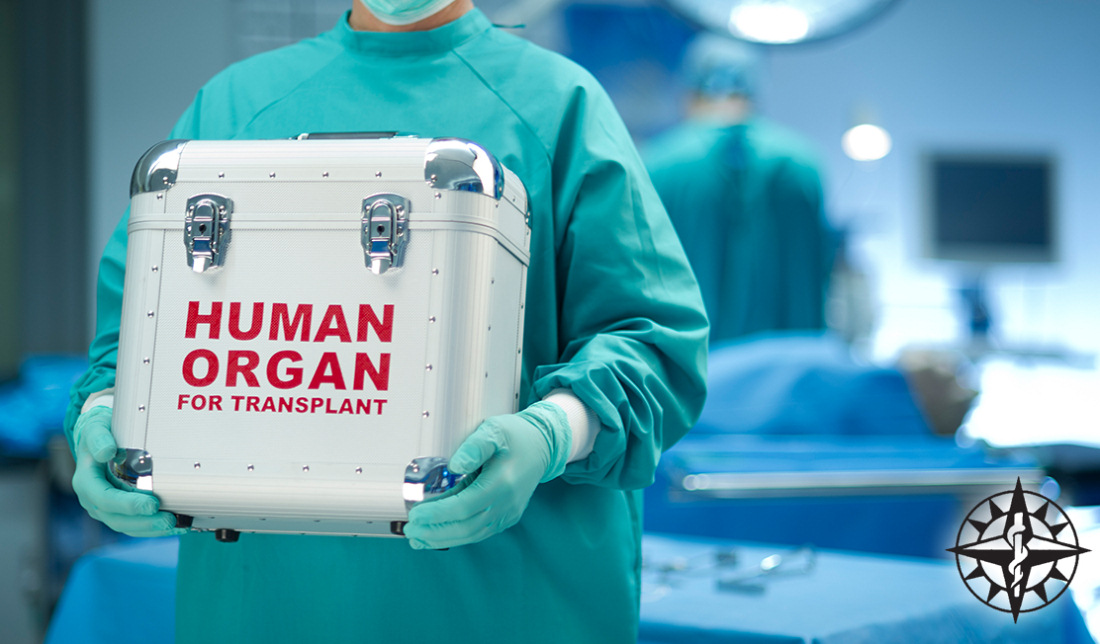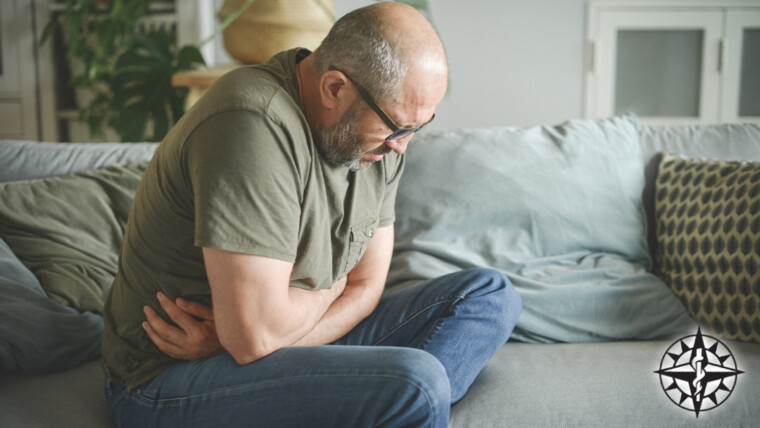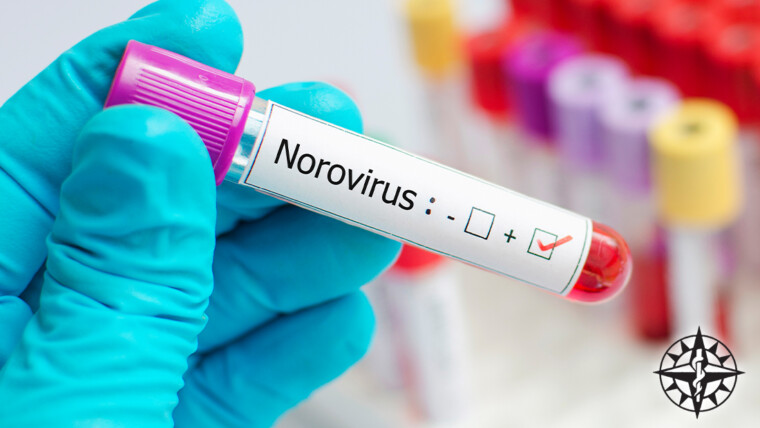Published on: July 10, 2020
Advances in healthcare have developed rapidly in the U.S. over the last few decades. In 1954, the kidney was the first human organ to be successfully transplanted. Liver, heart and pancreas transplants were successfully performed by the late 1960’s, while lung and intestinal organ transplant procedures began in the 1980s. Consider now that almost 40,000 organ transplants were performed in the U.S. in 2019 alone (an annual record for the 7th consecutive year in the United States).
The ability to transfer a healthy organ into a recipient who needs the organ to survive has saved thousands of lives. Indeed, organ transplants are an incredible achievement for humanity and modern medicine. However, there are risks associated with these advanced procedures. After transplantation, medications to prevent rejection of the organ by the body’s immune system must be taken. But these same medications also decrease the body’s ability to fight off infections. These infections are one of the leading reasons why transplant patients could find themselves ill and even in the hospital and can be a great danger to their health. Even minor infections, if left untreated, could lead to serious illness or even death in an individual who has received an organ transplant. With the proper precautions after surgery many of these risks can be prevented or at least reduced.
Common Infections After Organ Transplants
Since the first successful kidney transplant in the 1950s, with years of careful research and experience, experts in medicine have been able to work out causes and timing of common infections. Below are examples of some infections that can occur at various timepoints after transplant.
- 0-1 Month
- Urinary tract infection
- IV-line infection
- Wound infection
- Pneumonia
- Human herpes simplex virus
- 1-6 Months
- Cytomegalovirus (CMV)
- Epstein-Barr Virus (EBV)
- Pneumonia
- Central nervous system (CNS) infection
- 6+ Months
- Hepatitis B/C
- Acute and chronic opportunistic infections
Proper Precautions to Take
If one follows the proper precautions, patients will have a better chance of avoiding an infection after an organ transplant. Follow these tips below especially for the first few months after transplant when one’s immune system is the most vulnerable. You will also be prescribed medications to help prevent infections, be sure to take these for as long as you doctors recommends.
- Avoid indoor crowded places like stores, movie theaters, restaurants, and churches
- Avoid people with known infections or illnesses
- Avoid taking care of animals
- Avoid working outside
- Wash your hands frequently
- If you get a cut or scrape, cleanse the wound and apply a clean, dry dressing. If any sign of infection develops (fever, pain swelling, or redness), contact your doctor.
- Try to avoid areas with a lot of dust, such as construction zones or excavation sites.
- Stay away from areas with bird and bat droppings. This precaution includes avoiding places like chicken coops and caves.
Organ Transplant Stories in Florida
 Florida residents have experienced their fair share of organ transplants over the years. Kathryn Smith of Miami, Florida shared her incredible story where she was diagnosed with idiopathic autoimmune hepatitis and would need a new liver. After her liver transplant, she became ill and woke up in the hospital to find out that she needed another liver, stomach, pancreas, kidney, and small intestine. Eventually, she was able to find a donor and recover, but her organ transplant journey is one filled with pain and strength.
Florida residents have experienced their fair share of organ transplants over the years. Kathryn Smith of Miami, Florida shared her incredible story where she was diagnosed with idiopathic autoimmune hepatitis and would need a new liver. After her liver transplant, she became ill and woke up in the hospital to find out that she needed another liver, stomach, pancreas, kidney, and small intestine. Eventually, she was able to find a donor and recover, but her organ transplant journey is one filled with pain and strength.
Florida hospitals are only trying to improve the odds of survival for people, such as Kathryn Smith. Recently, Tampa General Hospital became the first in Florida to adopt and use a sophisticated organ transplant system that is designed to increase the number of donated hearts, livers and lungs that can be used to save the lives of patients. This new strategy increases organs available for donation and has increased the donor pool by approximately 25-30%.
Organ Transplant Survivor Story
In a podcast by the Department of Medicine at the University of North Carolina, a patient named Andy Nelson shared his lung transplant story. He was diagnosed with idiopathic pulmonary fibrosis and required a double lung transplant. Mr. Nelson recounts the stress leading up to the surgery and the moments after the surgery. He was excited to breathe easily after the transplant, but things turned south soon afterwards. Unfortunately, Mr. Nelson was struck with a low-grade fever and acute rejection of the lung transplant and possible fungal infection. He recounts clinicians going in and out of his hospital room for a week while he fought to get better. He eventually recovered and can breathe at 100% capacity, but his story of post-transplant infection is just one of many for the thousands of patients that receive organ transplants in the United States.
Infectious Disease Associates of Tampa Bay
Infectious Disease Associates of Tampa Bay has expertise in evaluating and treating infections occurring after an organ transplant. We are dedicated to providing the best care for organ transplant patients across Tampa Bay. Our Infectious Disease physicians work and coordinate with hospitals in the Tampa area to provide initial inpatient or outpatient consultation, follow up and monitoring for those who may have developed a transplant-related infection. Our physicians work collaboratively with local organ transplant physicians and are leaders in the medical community in this area. If you are an organ recipient and have any questions or concerns about infections, feel free to contact us at 813-251-8444. As a reminder if you have a medical emergency, please call 911.





